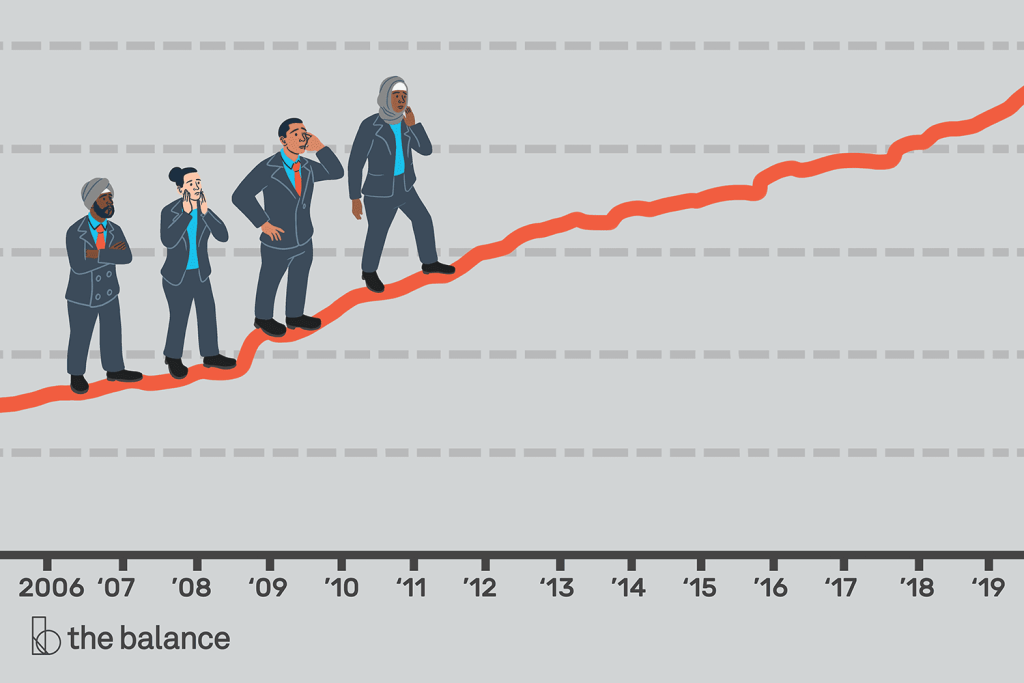The size of the U.S. deficit is a topic of intense debate, with various stakeholders offering differing explanations and solutions. Understanding the reasons behind the deficit involves exploring the perspectives of economists, policymakers, and interest groups. This article delves into the factors contributing to the U.S. deficit and examines the diverse viewpoints on this critical economic issue.
The U.S. Deficit: An Overview
The U.S. deficit occurs when the federal government’s expenditures exceed its revenues in a given fiscal year. This shortfall requires the government to borrow money, adding to the national debt. As of 2024, the U.S. deficit remains a significant concern due to its implications for economic stability, fiscal policy, and future generations.
Key Factors Contributing to the U.S. Deficit
1. Government Spending
- Defense Spending: The U.S. allocates a substantial portion of its budget to defense, driven by national security needs and global military commitments.
- Social Programs: Expenditures on Social Security, Medicare, and Medicaid are significant, reflecting the aging population and rising healthcare costs.
- Discretionary Spending: Other areas of federal spending, such as education, transportation, and research, also contribute to the overall expenditure.
2. Revenue Shortfalls
- Tax Cuts: Recent tax cuts, particularly those aimed at corporations and high-income individuals, have reduced federal revenues.
- Economic Conditions: Economic downturns can lead to lower tax revenues due to decreased income and corporate profits.
- Tax Evasion and Avoidance: Inefficiencies in tax collection and loopholes that allow for tax avoidance further reduce potential revenues.
3. Interest on Debt
- Rising Interest Payments: As the national debt grows, so do the interest payments on that debt. These payments consume a larger share of the federal budget over time.
Diverse Perspectives on the U.S. Deficit
1. Economists
- Keynesian View: Keynesian economists argue that deficit spending can be beneficial during economic downturns, as it stimulates demand and promotes recovery. They suggest that deficits are less concerning if the borrowed funds are used for productive investments.
- Classical View: Classical economists emphasize fiscal responsibility and advocate for balanced budgets. They warn that large deficits can lead to higher interest rates, crowding out private investment, and potentially causing inflation.
2. Policymakers
- Liberal Perspective: Liberals often support increased government spending on social programs and infrastructure, arguing that these investments are crucial for long-term economic growth and social equity. They are generally more willing to accept higher deficits to achieve these goals.
- Conservative Perspective: Conservatives typically prioritize reducing government spending and cutting taxes. They argue that a smaller government and lower deficits will foster economic growth and reduce the burden on future generations.
3. Interest Groups
- Business Groups: Business interests often support tax cuts and deregulation, viewing them as essential for economic growth. However, they may also express concern over long-term fiscal sustainability.
- Advocacy Organizations: Advocacy groups focused on social issues may push for increased spending on healthcare, education, and welfare programs, highlighting the social benefits of such investments despite their impact on the deficit.
Policy Implications and Solutions
1. Spending Reforms
- Defense and Social Programs: Finding a balance between necessary defense spending and efficient management of social programs is critical. Reforming entitlement programs to ensure their sustainability can help control future deficits.
- Discretionary Spending: Prioritizing spending on high-impact areas such as education, infrastructure, and research can yield long-term economic benefits.
2. Revenue Enhancements
- Tax Policy: Reforming the tax code to close loopholes, ensure fair taxation, and potentially raise rates on higher incomes can increase revenues.
- Economic Growth: Policies that promote economic growth, such as investing in technology and workforce development, can boost tax revenues through higher income and corporate profits.
3. Debt Management
- Interest Payments: Managing the growth of the national debt to control interest payments is essential. This includes exploring options for refinancing debt at lower interest rates.
- Balanced Budget: Moving towards a balanced budget over the long term requires a combination of spending restraint and revenue enhancements.
Conclusion
The U.S. deficit is a complex issue influenced by multiple factors, including government spending, revenue shortfalls, and interest on debt. Perspectives on the deficit vary widely, with different economic theories, political ideologies, and interest groups offering distinct viewpoints. Addressing the deficit will require comprehensive policy solutions that balance the need for economic growth, fiscal responsibility, and social equity. By understanding these diverse perspectives, we can better navigate the challenges and opportunities associated with the U.S. deficit.
